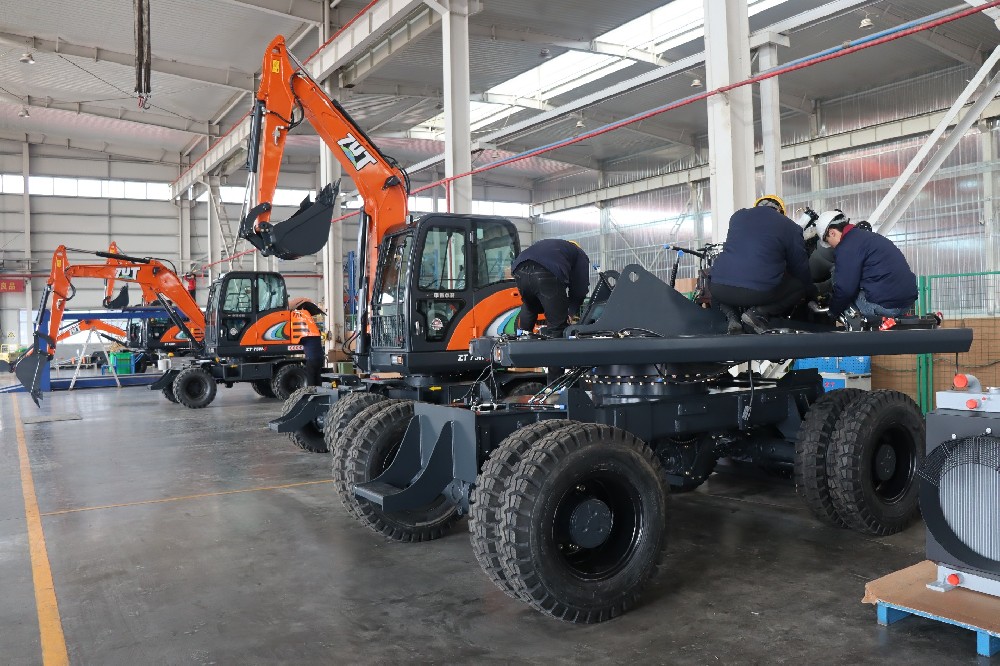
Did you know that the concept of the excavator dates back to the 19th century? The first mechanized excavator, known as the "steam shovel," was invented by William Otis in 1835. This early machine was powered by steam and used a single bucket to scoop up earth, revolutionizing the way excavation work was done. Otis's invention laid the groundwork for the modern excavators we see today.
we not only focus on the future of construction machinery but also appreciate its rich history. Excavators, a cornerstone of modern construction, have undergone remarkable transformations over the years. In this news update, we delve into the fascinating history of excavators, exploring some interesting facts that highlight their evolution and the innovative spirit behind their development.
Hydraulic Revolution
The introduction of hydraulic technology in the mid-20th century marked a significant milestone in the evolution of excavators. Hydraulics allowed for more precise and powerful movements, making excavators more efficient and versatile. This breakthrough enabled the development of various attachments and enhanced the machine's ability to perform a wide range of tasks, from digging trenches to demolishing structures.
Technological Advancements
The 21st century has brought unprecedented technological advancements to the excavator industry. Modern excavators are now equipped with GPS, telematics, and advanced control systems, allowing for remote operation and real-time monitoring. These innovations have significantly improved efficiency, safety, and precision on construction sites. At Liusan Global Excavator, we are proud to integrate these cutting-edge technologies into our latest models.
Interesting Fact
Excavators are not just limited to construction sites. They have been used in some truly unusual and challenging environments. For instance, specialized excavators have been employed in underwater excavation projects, such as dredging riverbeds and harbors. These amphibious excavators are designed to operate in water and on land, showcasing the incredible adaptability of this machinery.
The Future of Excavators
As we look to the future, the excavator industry continues to evolve with a focus on sustainability and automation. Electric and hybrid excavators are becoming more prevalent, reducing the environmental impact of construction activities. Autonomous excavators, equipped with AI and machine learning, are set to revolutionize the industry by performing complex tasks with minimal human intervention.
For more interesting facts and updates about excavators, visit our website or contact us directly. Join us as we continue to uncover the history and drive the future of construction machinery.
